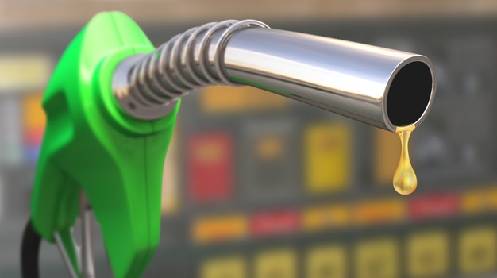Stagnant German growth in the second quarter has led analysts across the board to predict a recession as the outlook becomes clouded by the threat of a halt to Russian gas supplies. But it is not only growth that is sputtering at 0pc between April and June — Germany’s entire economic model is being called into question by experts.
“The war in Ukraine puts an end to the German economic business model as we knew it — a model which was mainly based on cheap energy imports and industrial exports into an increasingly globalised world,” said Carsten Brzeski, economist at ING bank, in response to the second-quarter growth data. Less expensive to produce and transport, with prices pinned down in long-term contracts, Russian gas has for decades contributed to Germany’s economic prosperity.
Industry consumes 30pc of the gas burnt in Germany. Before the war, more than half of the total supplies came from Russia, a figure which had fallen to 35pc by the beginning of June. To wean itself completely off Russian gas, Germany is looking further afield for new supplies, including shipments of liquefied natural gas from the United States and Qatar, as well as moving more quickly to renewable electricity generation.
“As an exporting nation, Germany has benefitted disproportionately from free trade. But it is exactly that which is now in danger,” said the Sueddeutsche daily earlier this month. The coronavirus pandemic and the Ukraine war have shown the weaknesses of open economies, as supply chains have been upended and key components have become scarce. Germany has been among the most exposed to the logistical problems of the past two years.
Germany’s dependence on China is also worrying politicians in Berlin. The strong two-way ties between Germany and China were “not healthy”, liberal Finance Minister Christian Lindner said in April. Beijing is Germany’s number-one trade partner, with trade between the two nations expanding again by 15.1pc in 2021.
“It’s potentially a new risk,” economist Claudia Kemfert told AFP. While the risk was less acute than dependence on Russia, more needed to be done to “focus on the domestic economy and build resilience”, she said.
After years of anaemic growth, inflation is back with a vengeance in the European Union. In Germany, the memory of 1920s-style hyperinflation weighs heavy on the public debate. Beyond this psychological block, the obsession with price stability ensures a “competitive industry and a nation of savers”, according to a recent report by French think-tank OFCE. Rising prices have led to increasing labour unrest in Germany. July saw the longest industrial action at German ports in 40 years and a day of strikes by ground staff at Lufthansa.






